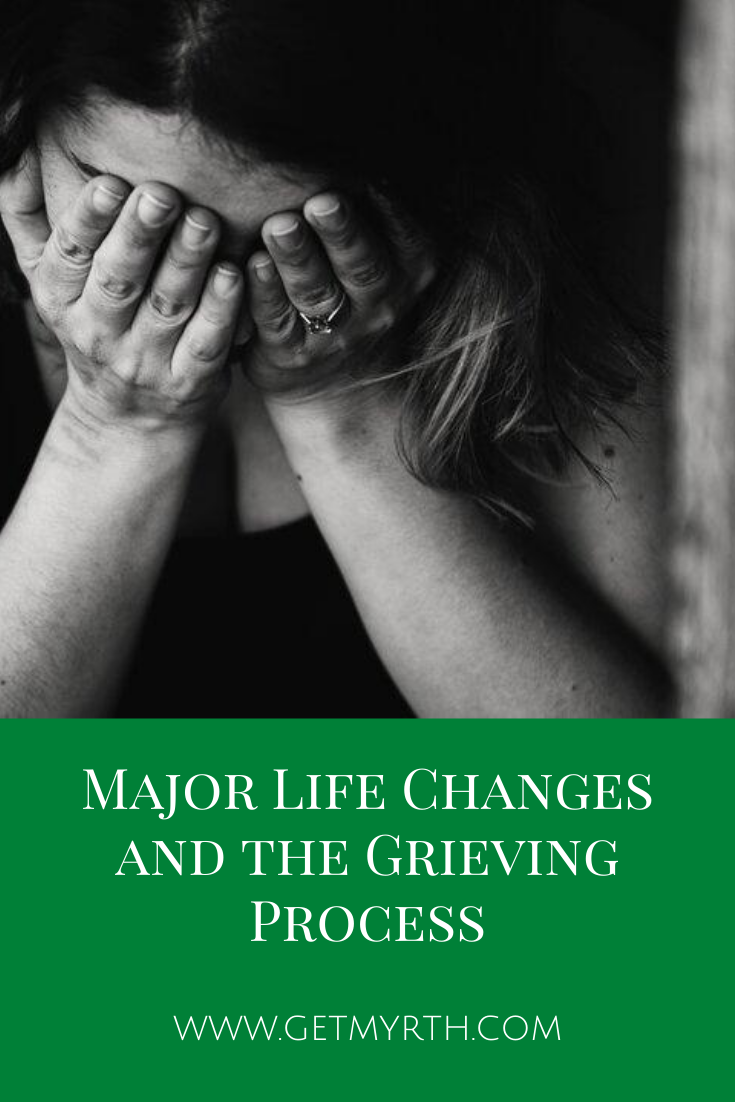6 Important Things to Know About the Grieving Process during Major Life Changes
Major life changes often involve a grieving process. Whether it's losing a loved one, ending a relationship, moving out of a treasured home, or losing a job, these changes can be emotionally difficult and personally challenging. They leave holes in our daily lives and even cause us to question our sense of self.
Grieving during these transitions is common and normal. The concept of a grieving process is fairly well known, but we’ve realized that there are some subtleties to it that people don’t discuss.
First, a quick overview. The five steps of grief are pretty well known, and we won't cover them in depth here, but they include denial, anger, bargaining, depression, and acceptance. You can read more about them here.
The thing is, when most of us learn about the grief process in high school or introductory college psychology courses, it's explained as a linear process where you go through stages in a tidy progression. The reality is often much different. Here are some important things to know.
1. Grieving will look different for different people.
Your grief process may be different from your best friend’s or spouse’s or colleague’s grief process. While it's possible that you may be experiencing an unusual response to grief, the more likely explanation is that you, like many others, are grieving in your own way.
2. For many people, the grieving process is not linear.
The different stages of grief don't necessarily follow one after another in a tidy order. You may not move from denial, to anger, to bargaining, to depression, and then, to acceptance. You might experience them in a different order, and that's okay.
3. You might experience certain stages in the grieving process more than once, even several times.
It's common for people to cycle back into one or more phases repeatedly, and if you find yourself back in a stage you've already experienced, it doesn't necessarily mean that you are failing to process your grief appropriately.
4. Each stage of the grieving process has its own timeline.
You may experience a stage for mere hours, a few days or weeks, even a few months. They won’t necessarily all take the same amount of time or have any direct relationship to how much time any other stage took. It's okay to process things as they come.
5. It's important not to let the grief keep you from moving forward forever.
Whether it's the loss of a job or significant other or something else, you can't put your life on hold indefinitely. That's why, if you're having trouble dealing with your grief from one of these major life transitions, and it's either getting in the way of your ability to perform basic functions like caring for yourself or is preventing you from starting the next stage of your life, we’re strong supporters of consulting with a professional. Mental healthcare is healthcare, and it's no different from seeing an orthopedist for a broken bone.
6. As part of the grieving process, it’s important to stay in touch with your support network.
It’s easy to withdraw into yourself when you’re grieving, but you need love and support now more than ever. Whether it's a close-knit group of friends, members of your family, or some special person who can help you think about and explore what you're feeling, it's crucial that you don't withdraw from the emotional connections that help sustain you.
Hang in there. We’re rooting for you.
Have you experienced grief as part of a major life transition? How did that process look for you? We’d love to hear from you in the comments.
P.S. - You can save and share this post on Pinterest using this image:


